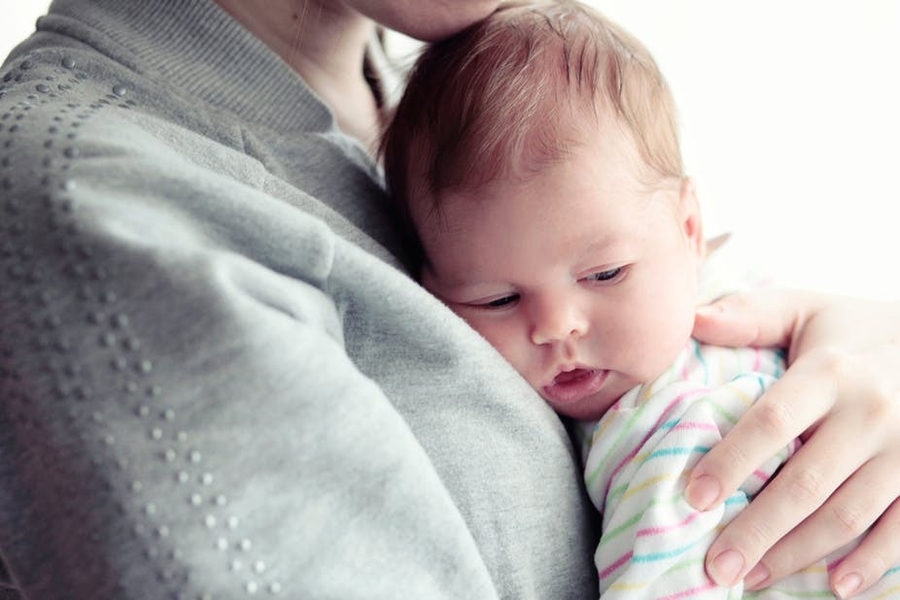
Fighting Post Pregnancy Depression
30 Jul 2018 | 4 min Read
Babychakra
Author | 1369 Articles
The transition from a pregnant woman to a mother is very beautiful and gratifying but is also associated with many conflicting emotions. The overflow of emotions post having your baby can be pretty overwhelming and there isn’t a fixed number of emotions that a woman may experience at a certain time.
As a new mom, there are a plethora of emotions that you may feel. From joy to sadness to plain lack of emotion, the spectrum is wide and it is likely that the feeling of sadness or irritation may start to overpower. If it becomes severe enough to intervene in your life, it may be postpartum depression (PPD).
While a large number of women struggle with post-pregnancy depression, there still isn’t much awareness of the subject.
How to Know If You Have Post Pregnancy Depression?
You may start showing symptoms within the first few days of delivery, though they may surface anytime up to 6 months later. These symptoms may be mood swings, lack of bonding with the baby, extreme irritability or sadness, suppression of decision-making skills, etc.
What Should You Do If You Suspect Post Pregnancy Depression?
If you come across some of these symptoms, do not beat yourself over it as it is a common condition and a WHO research shows that nearly 15-18% of women in the US alone suffer from PPD.
If you suspect any of these symptoms, the best is to consult a doctor who will help you in combatting the issue after assessing your symptoms. They will guide you to a counsellor who in turn will decide whether you need to be put on medication or if only psychotherapy will suffice.
How to Fight Post Pregnancy Depression:
Here are some things you can incorporate in your daily life to combat post-partum depression:
Ask for help and get some ‘me-time’:
While the societal expectations may pressurize you into feeling that you need to handle everything alone to be a good mother, do not take it to be so. Ask for some help from your spouse or hire help to get some much deserved ‘me time’. Take a walk, indulge in a cup of your favourite beverage, or just take a long shower; do what you like.
Make some time for exercise:
While you may feel too tired to even move an arm, some exercise can rejuvenate you immensely. Even if it means taking a stroll with the baby in a stroller, do it.
Rest well:
This is no time to think whether your house is a mess or your cupboards are arranged. Just sleep along whenever your baby sleeps to grab some rest. Otherwise, you will fall into the cycle of sleeping less and feeling depressed.
Eat well and stay hydrated:
This will also help you with breastfeeding and is the best way to stay refreshed. Just keep some fresh fruits and dry fruits at your bedside to grab whenever you feel hungry. A bottle of water will also help you track your water intake.
Breastfeeding helps ease symptoms of depression:
Studies show that breastfeeding greatly reduces the possibility of PPD. It is a good idea to focus on feeding. However, do not beat yourself up if you cannot do it for some reason. In the end, choose a feeding method that works well for you.
Do Not Lose Hope
In the end, remember, PPD is treatable. So, do not lose hope and talk to someone you trust. Do not resist visiting a doctor if you suspect symptoms of PPD. Good mental health for the mother always goes a long way in defining the well-being of the baby.
A


Related Topics for you
Suggestions offered by doctors on BabyChakra are of advisory nature i.e., for educational and informational purposes only. Content posted on, created for, or compiled by BabyChakra is not intended or designed to replace your doctor's independent judgment about any symptom, condition, or the appropriateness or risks of a procedure or treatment for a given person.
